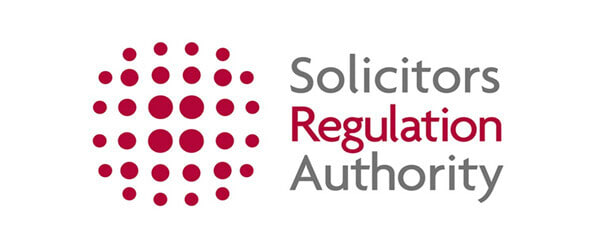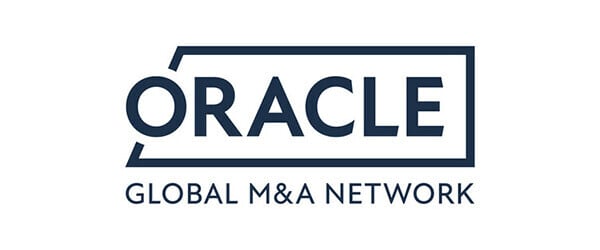
posted 15th October 2024
The Worker Protection (Amendment of Equality Act 2010) Act, which comes into effect on 26 October 2024, introduces a significant new duty for UK employers. For the first time, employers will be legally required to take reasonable steps to prevent sexual harassment of their workers. This change marks a proactive shift in the law, aimed at fostering safer and more inclusive workplaces.
At GS Verde Group, our legal experts are ready to help you understand what these changes mean for your business and how you can stay compliant with the new preventative duty.
What Is the New Preventative Duty?
Under the current law, employers have no proactive legal obligation to take steps to prevent sexual harassment in the workplace. However, from 26 October 2024, this will change with the introduction of a ‘preventative duty’. Employers will be required to take reasonable steps to prevent sexual harassment from occurring. Failure to do so could result in legal claims being brought against the business, with enforcement overseen by the Equalities and Human Rights Commission (EHRC).
The Act’s original provisions also included liability for third-party harassment, but after amendments in the House of Lords, this aspect has been removed. Therefore, the focus of the Act now rests solely on preventing sexual harassment by employees and individuals directly associated with the workplace.
Key Provisions of the Act
1. Employer Liability for Sexual Harassment Employers must take reasonable steps to prevent sexual harassment in the workplace. This means taking active measures to create a safer working environment and minimise risks. While the original draft of the Bill required employers to take "all reasonable steps," the final version simplifies this to "reasonable steps"—a less stringent but still significant duty.
How GS Verde Can Help: We can assist in assessing your workplace policies, procedures, and training programmes to ensure they meet the reasonable steps threshold. From risk assessments to implementing prevention strategies, we’ll guide you through the necessary steps to create a compliant and respectful workplace.
2. No Liability for Third-Party Harassment The original version of the Bill included a clause that would have reintroduced employer liability for harassment by third parties (e.g., clients, contractors, customers). This clause was ultimately removed during the Lords’ committee stage. As such, employers remain free from liability for third-party harassment, maintaining the status quo introduced by the Enterprise and Regulatory Reform Act 2013.
How GS Verde Can Help: While third-party liability is no longer part of the new law, we recommend reviewing your existing procedures for handling third-party interactions to safeguard employees and prevent workplace harassment of any kind.
3. Enforcement by the Equalities and Human Rights Commission The new preventative duty will be enforceable by the EHRC. This means that employers found to be non-compliant could face investigations, enforcement action, and potential penalties. Employers will need to be able to demonstrate that they have taken reasonable steps to prevent sexual harassment, such as introducing clear policies, providing training, and handling complaints appropriately.
How GS Verde Can Help: We can support your business in ensuring your documentation and processes are robust enough to withstand scrutiny from the EHRC. Whether it’s updating your employee handbook or implementing complaint handling procedures, we are here to help.
How GS Verde Group Can Support Your Business
As these new legal duties come into force, now is the time for businesses to review and strengthen their workplace policies around sexual harassment prevention. GS Verde Group’s employment law specialists are here to offer practical, tailored advice on how to implement preventative measures that protect both your employees and your business.
Our services include:
- Workplace audits and risk assessments: Identifying areas of risk in your workplace and recommending improvements.
- Policy development: Helping you draft or update anti-harassment policies that comply with the new legal requirements.
- Training: Providing bespoke training for management and staff on identifying and preventing sexual harassment.
- Complaint procedures: Ensuring you have a clear and accessible process for employees to report incidents and that complaints are handled properly.
Preparing for 26 October 2024
With the law set to take effect on 26 October 2024, it’s crucial that employers take action now to be fully prepared. Failing to meet the new preventative duty could expose your business to legal risks and reputational damage. By acting early, you can foster a safer and more supportive work environment, while also ensuring compliance with the law.
At GS Verde Group, we are committed to helping businesses understand and adapt to new legal obligations. Contact us today to discuss how we can help you navigate these changes and ensure your business is ready for the new regulations.








